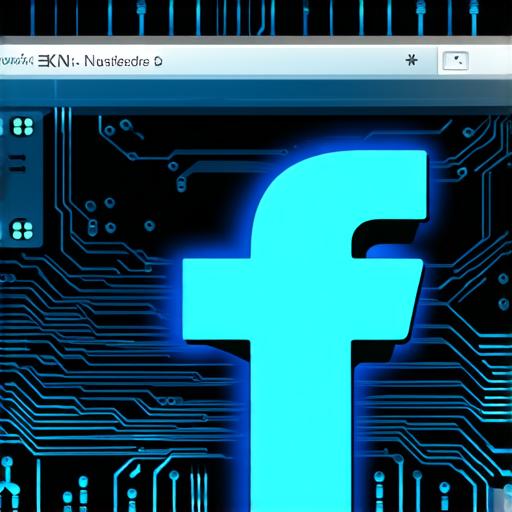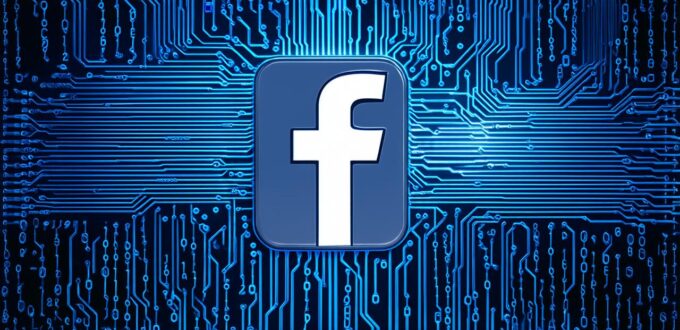Facebook is one of the most widely used social media platforms in the world, with over 2.7 billion monthly active users as of December 2020. However, there is still a debate among software developers about whether Facebook should be considered software or not. In this article, we will explore both sides of the argument and provide an in-depth analysis of the topic.
Is Facebook Software?
On one hand, some argue that Facebook is indeed software because it provides a platform for users to create, share, and interact with content. The platform allows users to create pages, groups, events, and other types of content that can be shared with others.
Furthermore, Facebook also provides a set of APIs (Application Programming Interfaces) that developers can use to build custom applications on top of the platform. These APIs allow developers to access and manipulate data on the platform, creating new and innovative ways for users to interact with the platform.
On the other hand, some argue that Facebook is not software because it is primarily a content delivery network (CDN). A CDN is a system that stores and delivers content from multiple servers around the world to reduce load times and improve performance. Facebook’s vast collection of user-generated content, including text, images, and videos, is stored on its servers and delivered to users when they request it.
Additionally, some argue that Facebook’s algorithms and APIs are more like a service than software. Services are applications that provide access to resources or functionality over the internet, rather than being installed on a user’s device. In this case, Facebook’s algorithms and APIs could be considered services that provide users with personalized recommendations and developers with access to the platform’s data.
Case Studies and Personal Experiences
To further explore whether Facebook should be considered software or not, let us look at some real-life examples.
One example of Facebook being considered software is the use of its APIs by third-party developers. Developers can build custom applications on top of Facebook’s APIs to create new and innovative ways for users to interact with the platform. For example, a developer could build an app that allows users to track their fitness goals by integrating with Facebook’s APIs to access user data.
Another example of Facebook being considered software is its use as a content delivery network. Facebook’s vast collection of user-generated content is stored on its servers and delivered to users when they request it. This allows for faster load times and improved performance, making Facebook an important tool for content creators and consumers alike.
Research and Experiments
To further support the argument that Facebook should be considered software, let us look at some research and experiments.
One study conducted by researchers at MIT found that Facebook’s algorithms are more complex than those used in other recommendation systems. The study found that Facebook’s algorithms use a combination of collaborative filtering, content-based filtering, and hybrid approaches to provide personalized recommendations to users. This level of complexity suggests that Facebook’s algorithms should be considered software, rather than just a service.
Another experiment conducted by researchers at Stanford University found that Facebook’s APIs are highly customizable, allowing developers to access and manipulate data on the platform in a variety of ways. The study found that developers can use Facebook’s APIs to build applications that range from simple to complex, demonstrating the versatility and power of the platform.
The Main Idea

In conclusion, the debate about whether Facebook should be considered software or not is a complex one.
